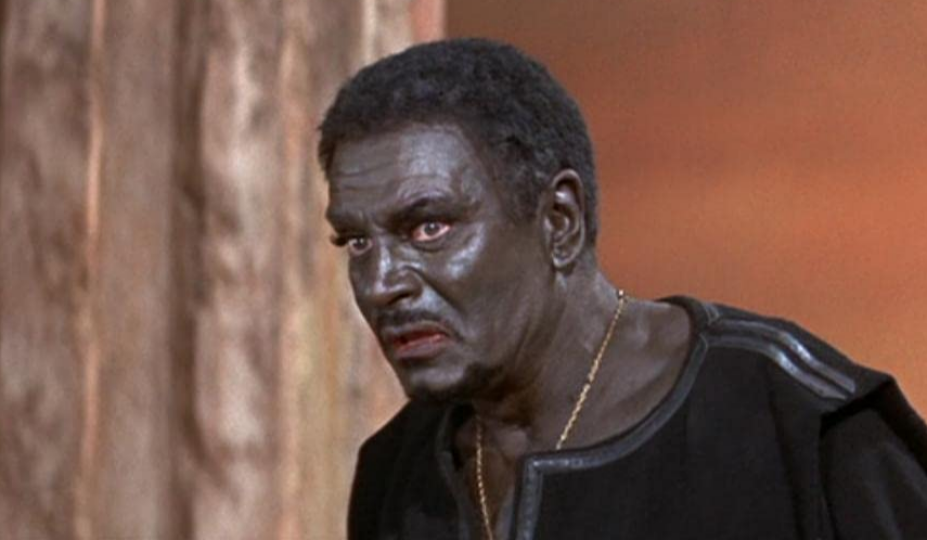US composer of Chinese origin Bright Sheng canceled his seminar at the University of Michigan after students accused him of racism. The reason was that he screened the 1965 film Othello, in which the main character is played by Sir Laurence Olivier in blackface. The local Michigan Daily reported on this last week.
Sheng, a 65-year-old who has worked at the University of Michigan for over 20 years and whose compositions are played by leading orchestras around the world, wanted to lead a seminar on Shakespeare’s works this semester. In the first lesson, he played a film for students in which one of the greatest British actors of all time plays one of the most famous characters from the tragedy, albeit with a blackened face.
University and teacher beg, apologize
“I was completely shocked,” one of the students wrote in a complaint about Sheng to faculty management. The administration later apologized. Sheng apologized as well, and his course was then taken over by David Gier, Dean of the Faculty of Music and Theater. “Sheng’s action is not in line with the beliefs of our school, which fights against racism and for equality and inclusion,” Gier said of the September incident.
“As a teacher, I represent the university and I should have been more sensitive. I apologize for my action, which offended and angered you […] I lost your trust by doing this,” Sheng wrote in an apology. He denied the allegations of racism and noted that he had worked with a number of people of African origin during his long and respected career.
“Bright Sheng survived Mao’s Cultural Revolution, but may not professionally survive the action of a group of Michigan students,” said one Twitter comment.
Blackface has been considered unequivocally and universally racist in America in recent years. In 2019, Canadian Prime Minister Justin Trudeau experienced a similar incident when the media published a photo of him from several years earlier, showing him in blackface at an “Arabian Nights” party. Trudeau eventually apologized for not knowing at the time that it could be considered racism.






